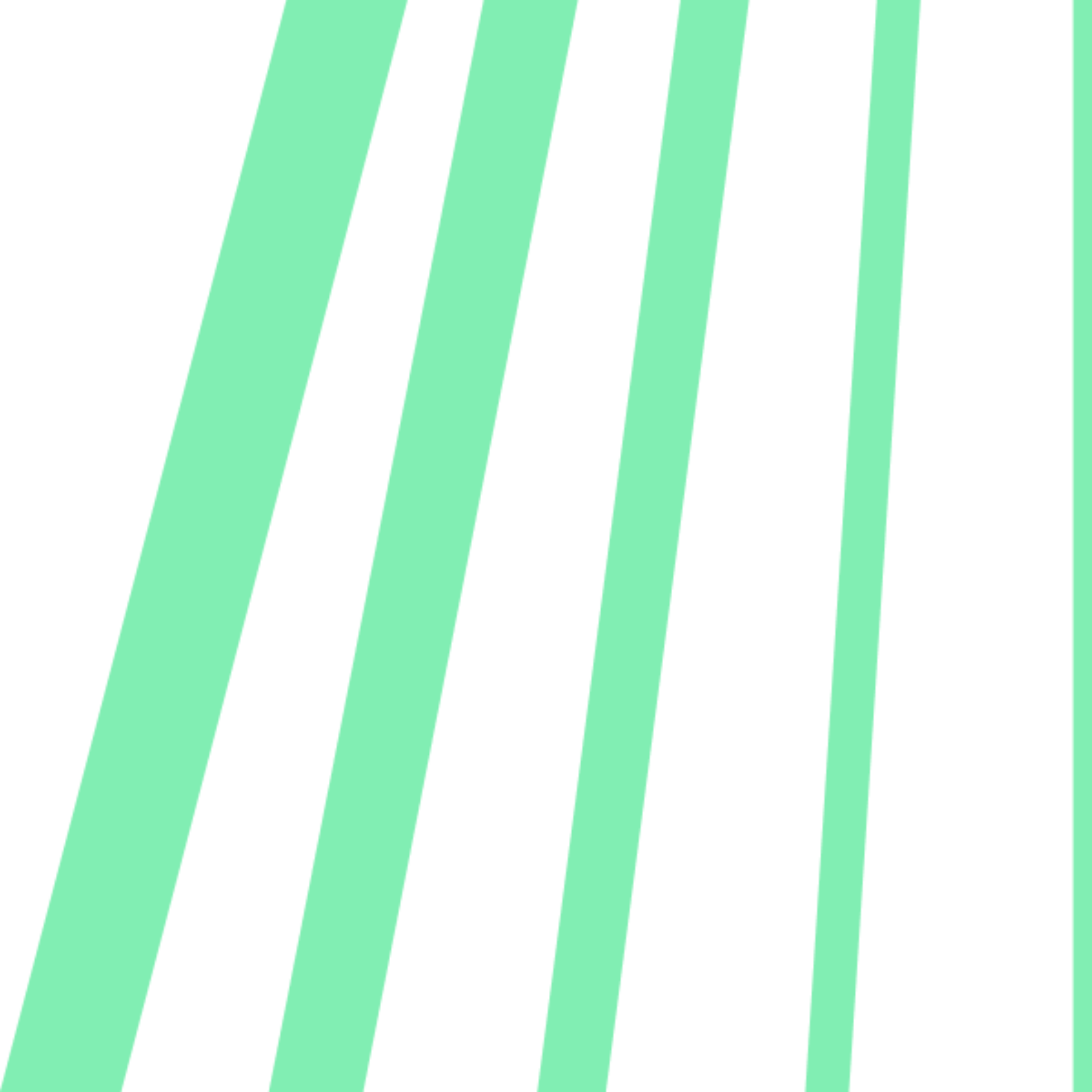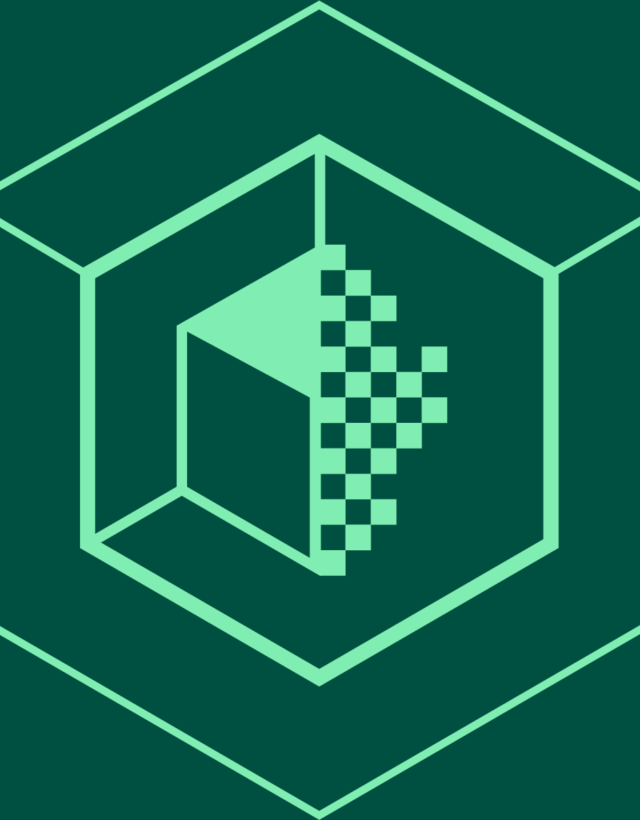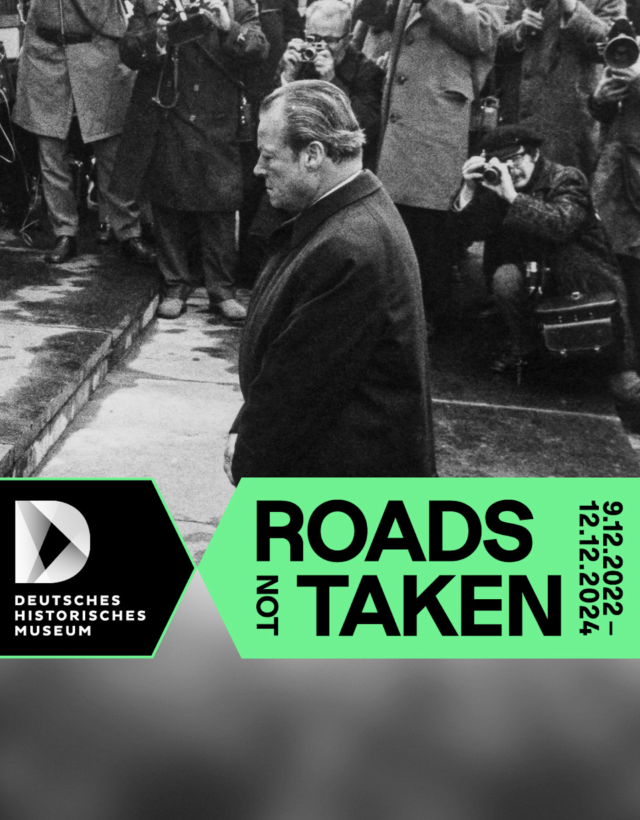
The aim of the project was to identify and analyse antisemitic patterns in digital communication and develop strategies for addressing antisemitism online. Unlike many similar initiatives, the project focused not only on extreme or overt forms of antisemitism but also on more subtle and implicit patterns, in order to gain a deeper and more comprehensive understanding of the issue.
The project was divided into two main areas of work:
1. Qualitative Analysis:
- A team of researchers analysed comments from users on media reports that triggered antisemitic reactions, categorising them according to thematic and linguistic patterns. The team developed a coding system and a content and structural guide to analyse antisemitic discourses. Based on this, antisemitic concepts, as well as their linguistic and visual expressions, were documented and categorised.
2. Quantitative Analysis:
- Training AI models to automatically identify antisemitic content and compare it across different discourses, platforms, and countries.
In addition, the project organised workshops and events to share knowledge with target groups the world of politics, NGOs, the media, and educational institutions.
Core Findings
Discourse Reports:
- 1st Discourse Report. February 2021
The first discourse report provides insights into the methodological approaches and the nature of antisemitic hate speech in selected online discourse spaces in Germany and the United Kingdom.
- 2nd Discourse Report. August 2021
The second discourse report establishes the definitional foundation for the analyses and provides first comprehensive insights into the corpus analysis for the United Kingdom, France, and Germany – focusing on the period of escalation of the Middle East conflict in May 2021, the vaccination campaign in Israel, and three independent case studies.
- 3rd Discourse Report. April 2022
The third discourse report examined the differences and similarities in antisemitic reactions – particularly distortion of the Holocaust – in the context of two discourse events in France and Germany: the protests against the health pass (the French equivalent of the COVID pass) and the criminal prosecution of individuals who had worked at concentration camps.
- 4th Discourse Report. October 2022
The fourth discourse report examined two significant international events: the Russian invasion of Ukraine and a wave of terrorist attacks in Israel in early 2022. Additionally, the Report provides an analysis of four German case studies illustrating how modern antisemitism evolves to adapt to different contexts.
- 5th Discourse Report. April 2023
The fifth discourse report analysed online comments on the antisemitic remarks made by rapper Kanye West, the 2022 World Cup in Qatar, and the Israeli parliamentary elections. It also evaluated existing automated methods for detecting hate speech and presented an innovative approach based on transfer learning.
- 6th Discourse Report. April 2024
The sixth discourse report reviewed online antisemitism following the Hamas attacks on 7 October 2023 and the subsequent Israeli military operations in Gaza. It also tracked reactions to the controversial remarks made by Elon Musk about Jewish organisations and reflected on the development of the Decoding Antisemitism project since its launch.
Publications:
- Lexicon: The open-access book is one of the central outcomes of this project. It is the first comprehensive guide to identifying antisemitism in the digital space – in both its explicit and implicit forms. The lexicon is based on years of analysis of over 100,000 authentic comments by social media users in the United Kingdom, France, Germany, and beyond. The book presents 46 antisemitic concepts, stereotypes, analogies, strategies, and speech acts, explaining their historical, conceptual, and linguistic-semiotic features.
- Scientific Articles, media contributions, additional open access volumes.
Events:
- Through innovative approaches and extensive publications, the project has made crucial strides in the analysis and combatting of antisemitism online.
- The project team shared the insights gained through online and in-person events, with a particular focus on engaging with the policy, education, and prevention sectors.


